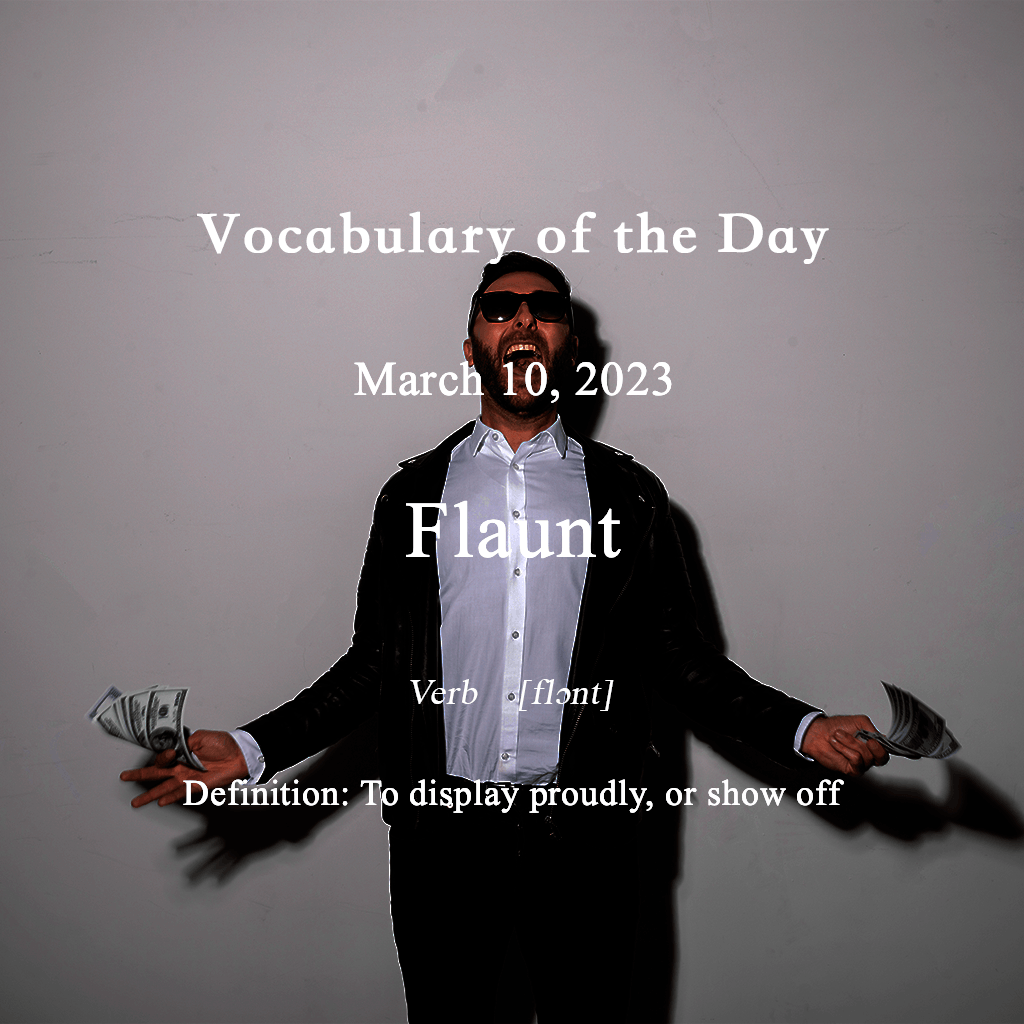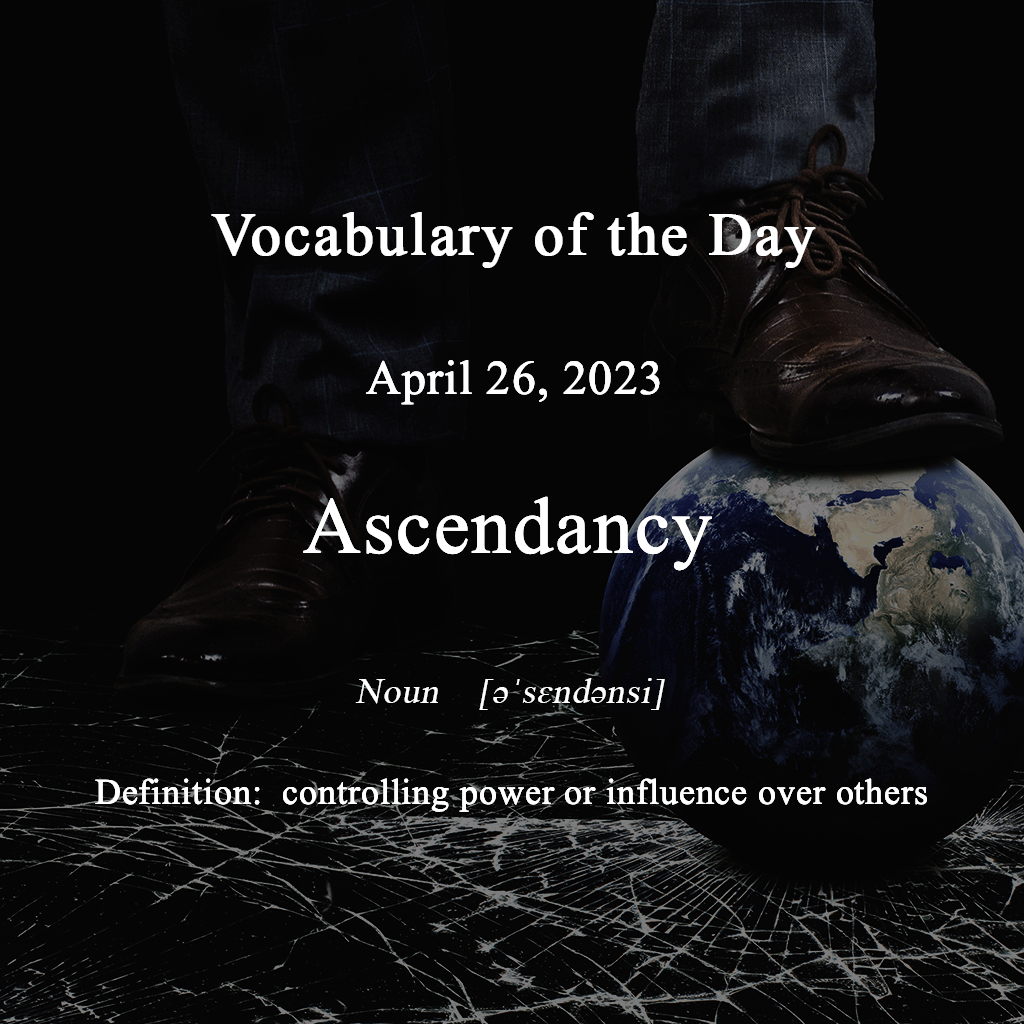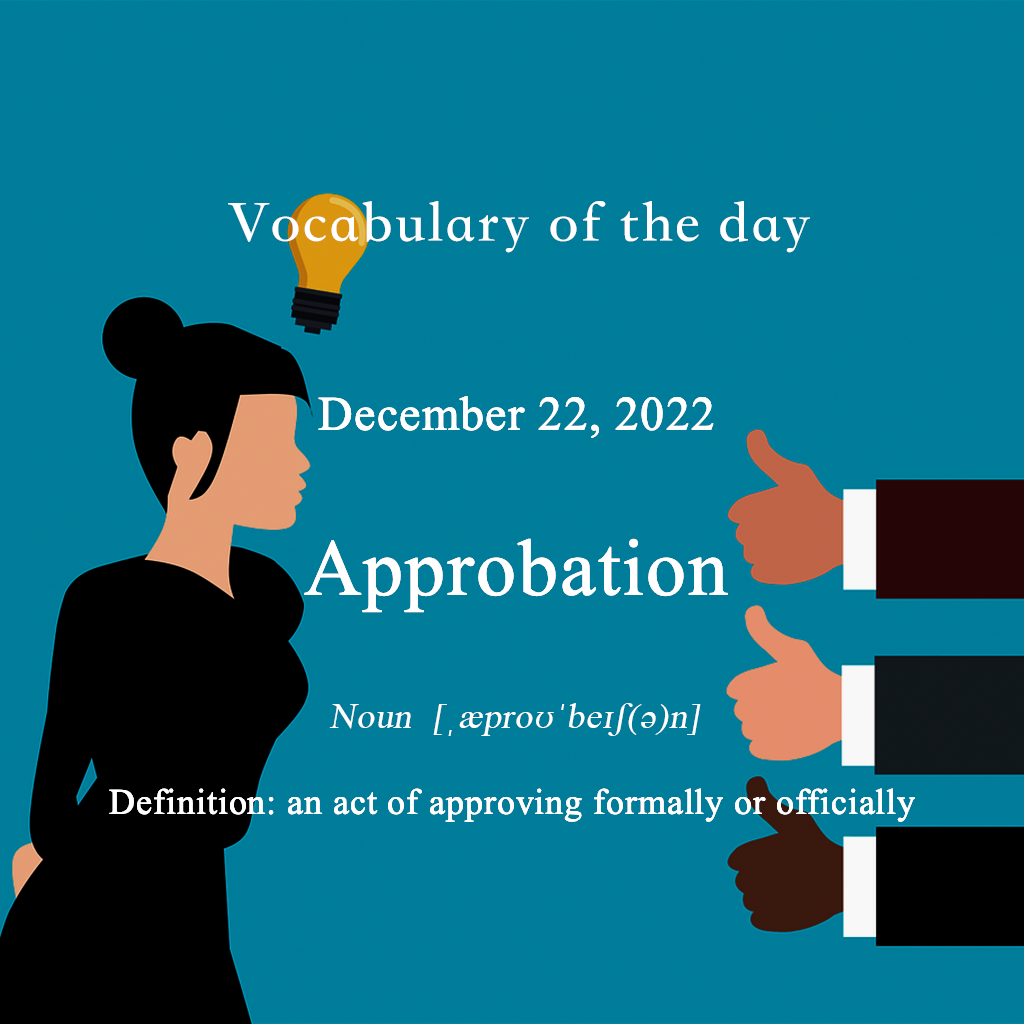
-
发音:[ˈkaʊərdɪs]
-
例句:
- If we say someone shows cowardice in the face of danger, such as bullying, or threatening, we express the idea that person lacks of courage or bravery.
- The candidate is losing supporters by his cowardice, since he is not courageous enough to fight the income inequality problem permeated in this society.
- The opposite of bravery is not cowardice but conformity — Robert Anthony Hatcher, American politician during the American Civil War.
- I have often heard it said that cowardice is the mother of cruelty, and I have found by experience that cruel and inhuman hatred and fierceness are usually accompanied by weakness.
- Covid-19 weakened America’s political immune system, leaving the country vulnerable to confusion, panic, unease and cowardice.
-
解释:
- Cowardice这个单词为名词,其表示“a lack of courage or bravery to stand up against a danger”这一含义,即“懦弱/惧怕/胆小”,与fearfulness/timidity/diffidence这些单词构成近义词。
- 具体使用场景如下:
- The party must put an end to its moral cowardice and finally and frontally confront the problem within.(该党派必须结束其道德上的怯懦,并最终正面地面对内部问题。)
—Politics - The CEO’s refusal to sign the law was interpreted as an act of cowardice by some media.(首席执行官拒绝签署法律被一些媒体解释为懦弱。)
—Business - Changing positions in the face of severe opposition can sometimes be viewed as courageous, at other times sheer cowardice.(面对严厉的反对,改变立场有时可以被视为勇敢,有时则被视为纯粹的懦弱。)
—News



